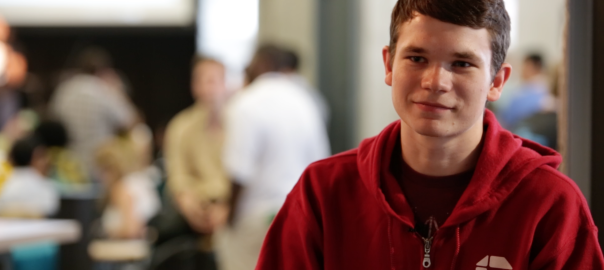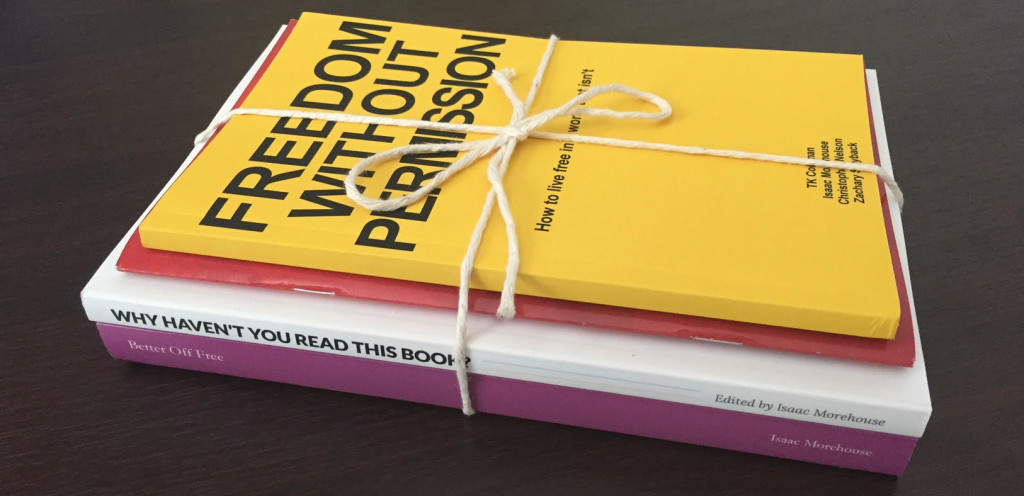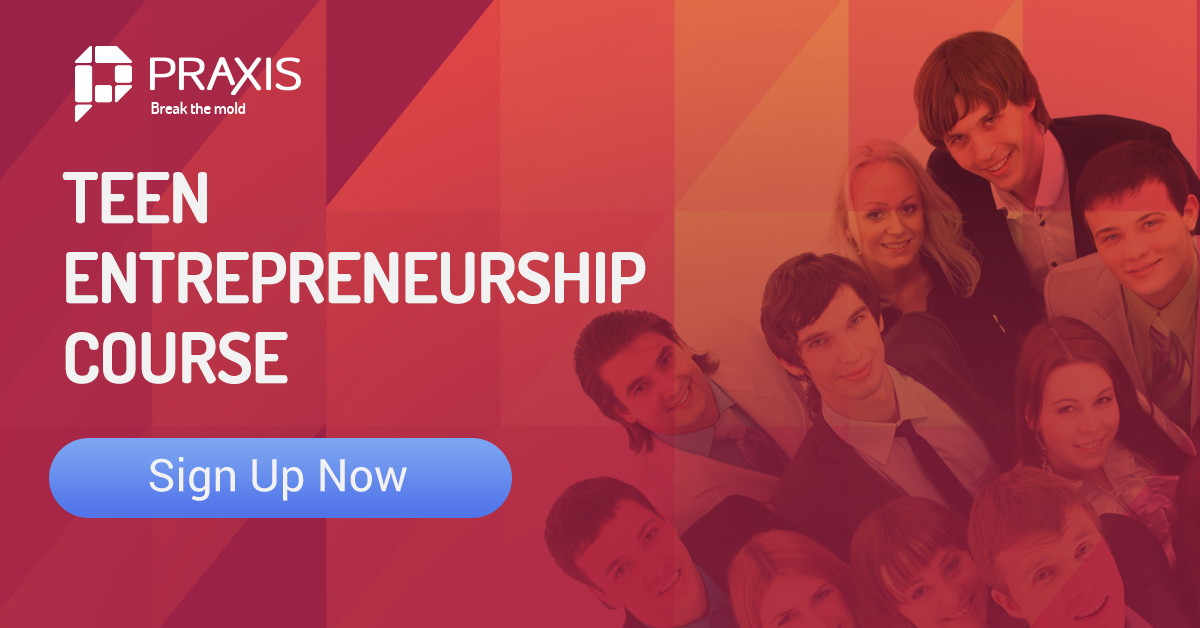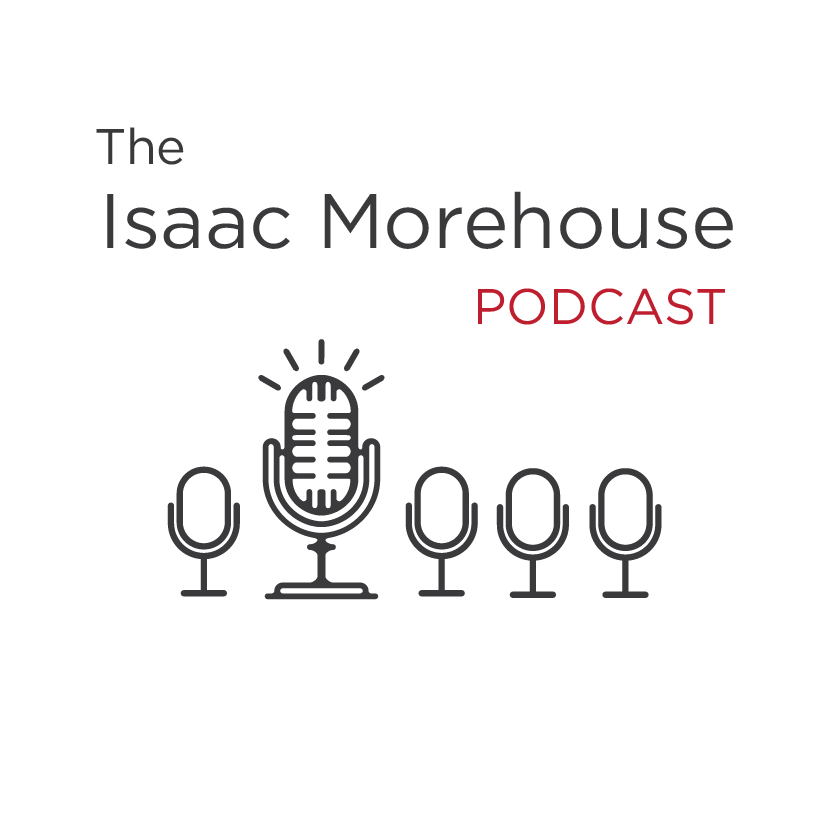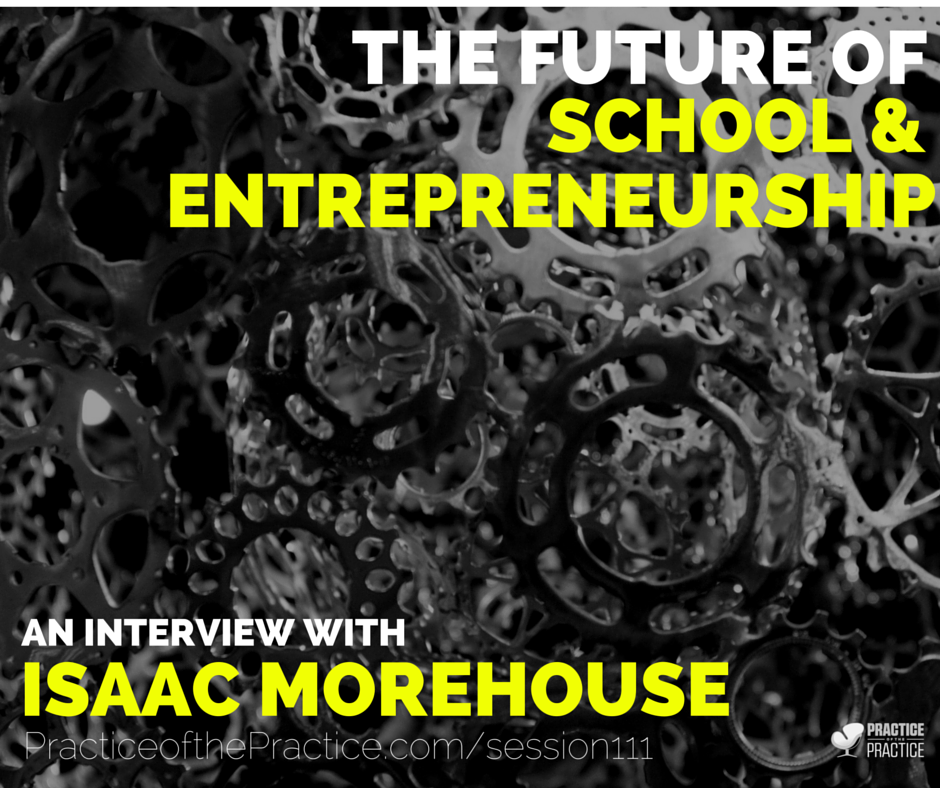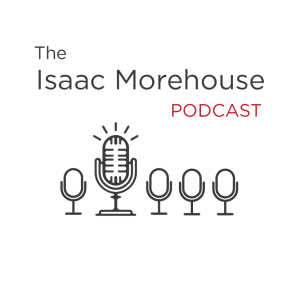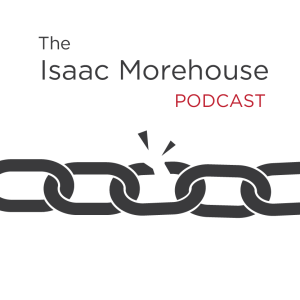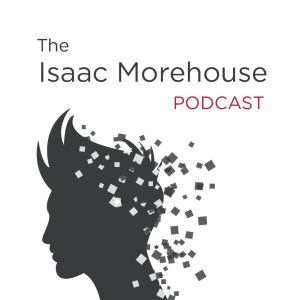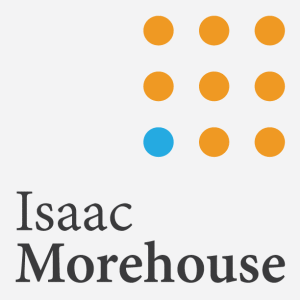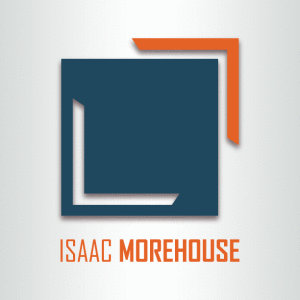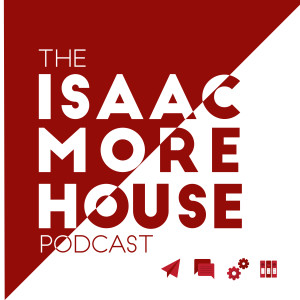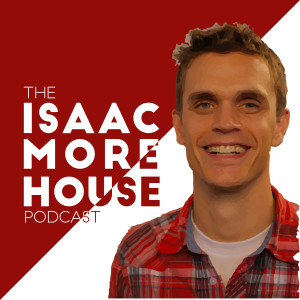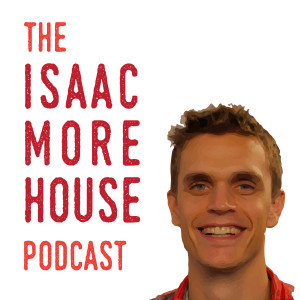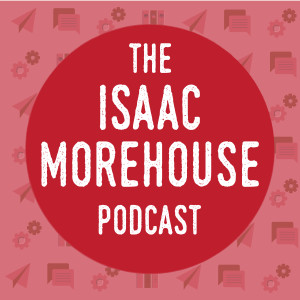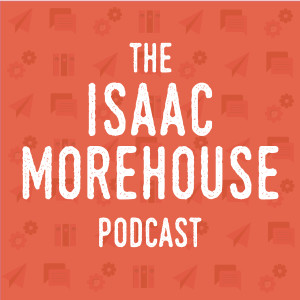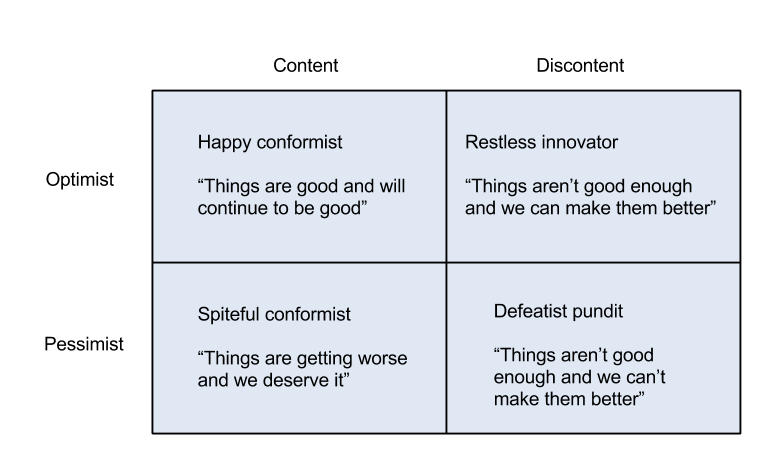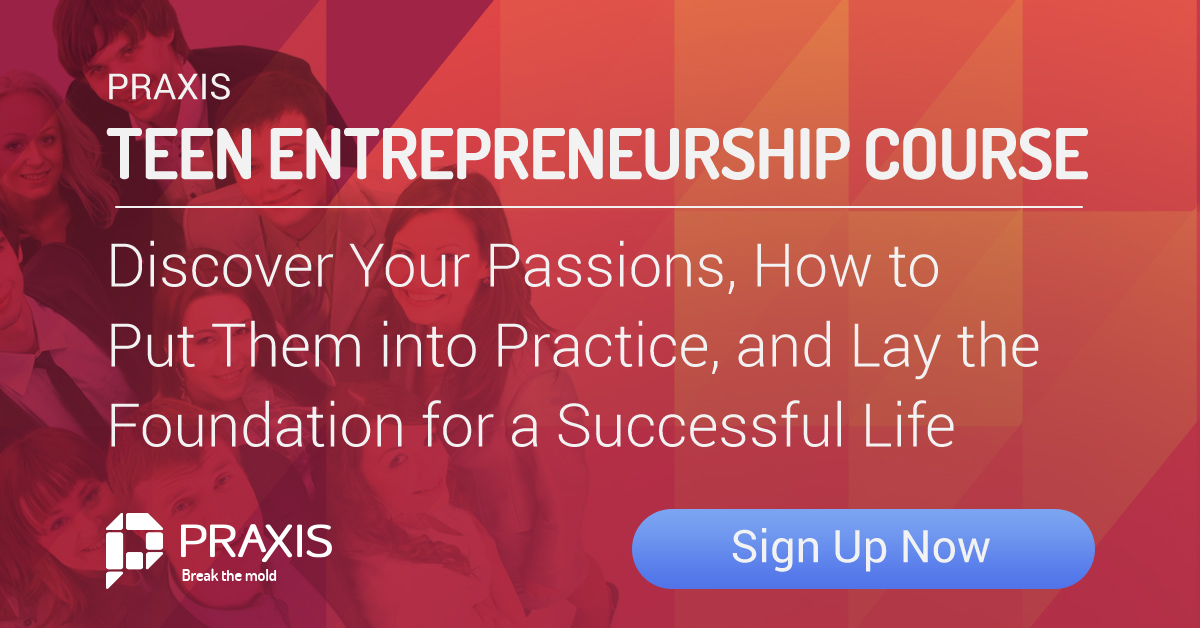Now that we’ve had a few classes graduate and more are getting underway every month, the stories are beginning to roll in. I love it. This is the stuff that reminds us why we do what we do every day. It’s not easy, but nothing good is.
Praxis September 2014 participant James Walpole joined the program right out of high school, deferring a college experience he wasn’t entirely sold on so he could get some real world time under his belt. A year later and James was running marketing for a tech startup in the Bitcoin space…at age 19. No degree, just the kind of job he had hoped a degree might get him four years and untold thousands later. Not to mention a new outlook and the confidence to try a great many things never before considered.
I’ll let James tell it in his own words…
“I’ve always had big goals for my life. When it came to actually accomplishing them, I wasn’t much different from many people my age: I was getting nothing important done. I was keeping my head down and working hard to do well in school and have a “normal” teenage life. I had done well at these, so I was waiting for the conveyor belt to carry me on to my dreams of being a great thinker and entrepreneur.
I was being complacent. I think that complacency would only have gotten worse if I had chosen to stay on that path into college and beyond. I had already applied to several schools. While I wasn’t impressed by the conformity of college culture, I thought I had no other choice but to go.
Praxis was a breath of fresh air. It shook me back to the awareness that I was sleepwalking through important decisions in my life. More importantly, it showed me than an education that fit my values was possible and did exist. I could bring my ideas to life in my work, and I had no excuse not to take the first steps toward making my goals real.
While it was scary at first to turn down college and scholarship offers to do something so different, the decision to apply was one of the best I made. Throughout my time in the program, I gained hard skills and work experience in an industry I loved, explored great works and ideas alongside my Praxis advisors, and built strong networks in my business community and friendships with my fellow Praxis participants. I know a little bit more now about what it takes to be an effective entrepreneur and thinker, and I’ve taken responsibility for getting there.
The growth I experienced in Praxis has continued after the program. I’m still working full time for my Praxis business partner, managing marketing work to which I was new just a year ago. Learning how to handle this responsibility and the challenges that have come along with it has made me a better, braver, and more competent person.
When I think about my future now, I’m not worried about who’s going to pay me or who’s going to hire me. I’m also not expecting to achieve my goals automatically. I know I can handle challenges above my “approved age level”, and I know how to create my own path. I have Praxis to thank for that. This experience didn’t just save me four years – it’s changed how I’m living my life.”
If you want to take a leap and do what James did, apply now. There’s nothing to lose but the known, well-worn path that will always be there.
James blogs regularly at the Praxis blog as well. Read his full story and other posts here.
If you want to talk to him about his experience, email James here.
